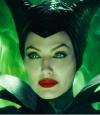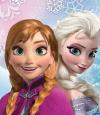Site Search
Copyright © 2024 Highbrow Magazine
by Garrett Hartman
If relatively simple songs are being underanalyzed, we also lose the power in more complicated expressions of protest in songs like Springsteen’s “Born in the U.S.A.” The song’s triumphant chorus, which chants “Born in the U.S.A.,” often overshadows its darker verse.
Read more...by Eric Vickrey
Professional baseball faced a similar postwar influx. More than 500 major leaguers and 4,000 minor leaguers had swapped jerseys for military fatigues during the previous four years. Two former big leaguers, Harry O’Neill and Elmer Gedeon, plus more than 100 minor-league players, lost their lives.
Read more...


























































































































































































































































































































Copyright © 2024 Highbrow Magazine




